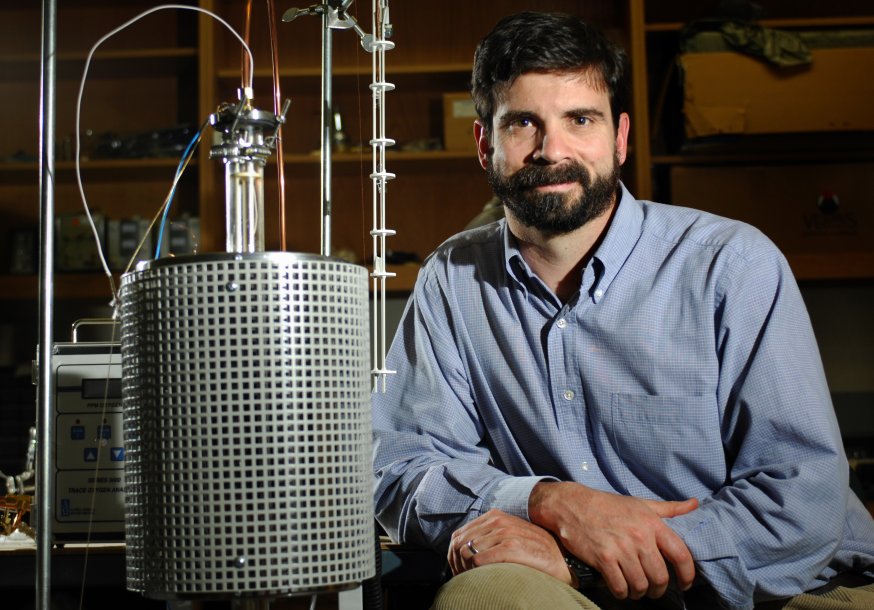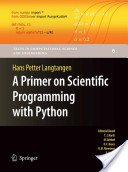Welcome to Introduction to Scientific
Computing with Dr. Gladden
This is a course targeted toward Graduate Students in the Physical
Sciences (Physics, Chemistry, Biology, Geology, ...) as well as
Mathematics. The purpose of the course is to provide these students
with a coherent picture of the role of computers in the sciences as
well as the practical skills they will need in their graduate studies
or professional positions in science. The role of computers in science
is, of course, an enormous topic with many highly specialized niches.
This course will focus on what one might call a "base level of
knowledge" which most scientists will be expected to have. It also
will provide a good starting point from which a more advanced course
or self-study may follow. After completing the course, students should
have developed a set of tools and skills they will immediately find
useful in their study and research. Specific topics covered will be:
the basics of the Python programming language, scientifically related
object oriented programming, numerical differentiation and integration
methods, linear and non-linear fitting of models to data (regression),
graphical representation of data and models, roots of functions, and
numerical precision and error issues, adaptive Runge-Kutta methods and
solutions to coupled ordinary differential equations, partial
differential equations. As time allows, more advanced topics such as
parallel computing, time series analysis, and graphical user interface
programming will be covered.Student Resources:
- Lecture Notes and Sample Code:
These will be made available to you on the News
and Handouts page.

- Text Book: The text I
have selected is A Primer on Scientific Programming with
Python by Hans Petter Langtangen (5th edition, Springer
Press, 2016). It
reflects as closely as possible my vision for this course, however it is not a 1 to 1 mapping! We will be using the text regularly, but not proceeding through it chapter by chapter. The current (5th) edition is what we will use.
- My office hours. Make good use of these. If you come and see me when you are confused or having trouble, I know you are trying and can get you pointed in the right direction.
Some Details for Spring 2018:
Instructor: Dr. Josh GladdenLecture: W F 11:00 - 12:15
Office: Lyceum 313
Office hours: I am around all the time. Best to make an appointment by email.